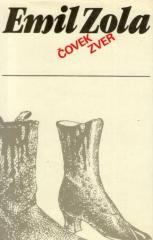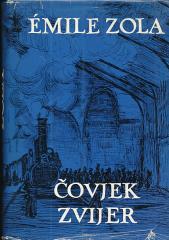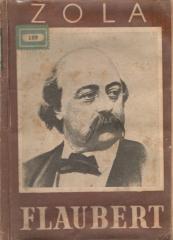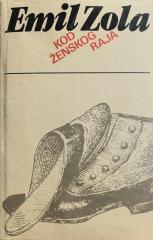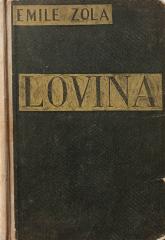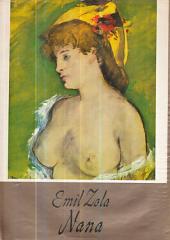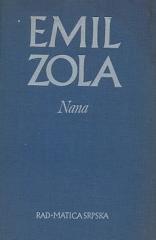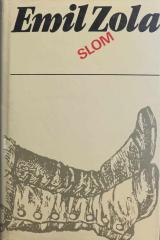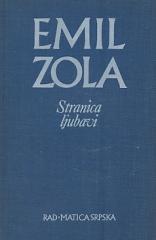Émile Zola
Émile Zola (1840. – 1902.) bio je jedan od najznačajnijih francuskih pisaca i začetnik naturalizma u književnosti. Rođen je u Parizu, a djetinjstvo je proveo u Aix-en-Provenceu. Nakon smrti oca, obitelj je zapala u siromaštvo, što je snažno utjecalo na njegovo kasnije stvaralaštvo.
Zola je karijeru započeo kao novinar i književni kritičar, a međunarodnu slavu stekao je opsežnim romanom "Thérèse Raquin" (1867.), kojim je najavio naturalistički pristup – prikazivanje ljudi kao proizvoda nasljeđa i društvenih uvjeta. Najveći dio njegova stvaralaštva čini ciklus "Rougon-Macquart" (1871. – 1893.), sastavljen od 20 romana, u kojem kroz sudbine jedne obitelji prikazuje francusko društvo Drugog Carstva. Među najpoznatijim djelima ciklusa su "Germinal", "Zemlja", "Nana" i "Pasje leglo".
Zola je poznat i po svom političkom angažmanu, osobito u aferi Dreyfus, kada je otvorenim pismom "Optužujem!" (J'Accuse!, 1898.) stao u obranu nepravedno osuđenog židovskog časnika Alfreda Dreyfusa. Time je pokazao svoju predanost istini, pravdi i ljudskim pravima, riskirajući vlastitu slobodu i ugled.
Zola je umro 1902. godine u Parizu, pod sumnjivim okolnostima – moguće od trovanja ugljičnim monoksidom. Njegovo djelo ostaje temelj francuskog naturalizma i trajna inspiracija književnosti i društvenoj misli.
Naslovi u ponudi
Čovek zver
Glavni lik, Etjen Ruan, predstavlja arhetipsku figuru modernog čoveka čiji je karakter obeležen unutrašnjim zverstvom.
Čovjek zvijer
Roman istražuje destruktivne sile nasljeđa, strasti i nasilja u modernom industrijskom društvu. Radnja se odvija uglavnom na željeznici, simbolu brzine, sudbine i neizbježne propasti. “Čovjek zvijer” je prvi opis zločina u industrijskom svijetu.
Germinal
Roman koji predstavlja vrhunac književnog stvaranja jednog od najznačajnijih predstavnika naturalizma u književnosti.
Gustave Flaubert
Kod ženskog raja
Ovaj roman otkriva nam skriveni svijet jednog pariskog bordela s početka 20. vijeka.
Nana
Roman “Nana” Emila Zole priča je o lažnoj ljubavi, o glumljenoj strasti i požudi, pohlepi i svim emocijama vezanim za posjedovanjem materijalnog. Sve je utjelovljeno u liku žene, obuzetom svim porocima koje društvo osuđuje.
Slom
“Slom” je snažan i emotivan prikaz ratnih događaja, ali istovremeno i duboko promišljanje o ljudskoj sudbini i kolektivnom iskustvu.
